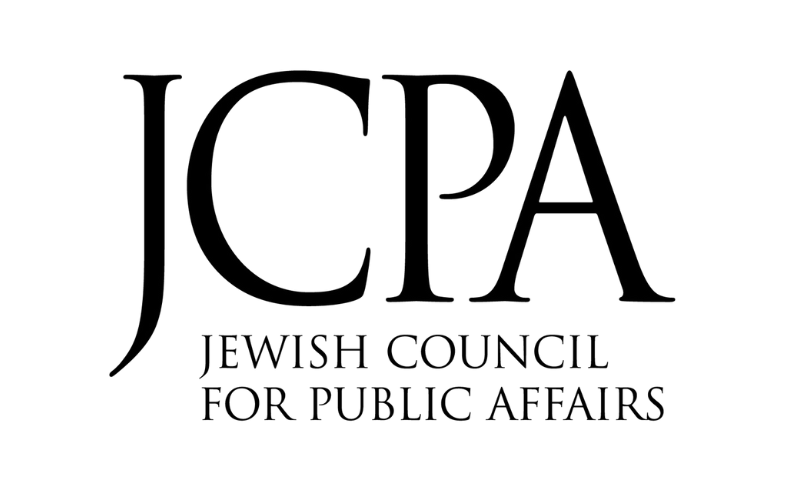David Bernstein
Quillette, Oct. 13, 2022
”At the end of the meeting, one of the organizers drew the black participants into a circle. She preached, “I was blind but now I am Woke.” The participants repeated the chant and loudly proclaimed “Amen.” At this point, I realized that the call to be woke was, in fact, a profession of faith.”
In January 2016, I became President and CEO of the Jewish Council for Public Affairs (JCPA), the then 70-year-old Jewish advocacy and community relations umbrella group for the American Jewish community. On my first day on the job, the Jewish Telegraphic Agency (JTA) published an opinion piece I wrote, The Anti-Israel Trend You’ve Never Heard Of, in which I argued that the progressive doctrine of “intersectionality” was a danger to the Jewish community.
“If a group sees itself as oppressed,” I wrote, “it will see Israel as part of the dominant power structure doing the oppressing, and Palestinians as fellow victims. That oppressed group will be susceptible to joining forces with the [anti-Israeli] BDS [Boycott, Divestment, Sanctions] movement.” Regrettably, the dangers I warned about in that article have come to pass.
My article caught the attention of many in the Jewish community, and prompted the publication of several opinion pieces rebuking me. The ideological left of the Jewish community, which holds intersectionality as a cornerstone of progressive politics, was enraged. In New Voices, a magazine for young Jewish adults, Chloe Sobel responded, “Intersectionality is valuable not because it can make Israel look better. It’s valuable because it can make Israel be better. Intersectionality encourages progressives who care about social justice in the United States to care about social justice in Israel.” A former colleague of mine—who worked for a progressive Jewish advocacy organization—saw my argument as an insult to her own work, which she described as deeply intersectional. Many others, however, told me that they had never heard of intersectionality, but that they saw how such a concept could fuel disdain for Israel.
… [To read the full article, click here]


